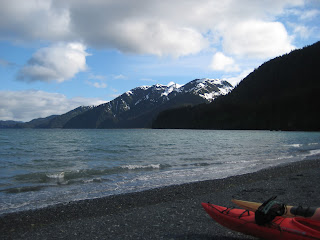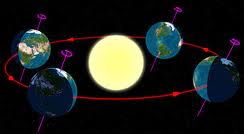Sounds like a simple question, right? I thought so, too. Most all of my students knew that a year is "365 days and a few hours. We add up those extra hours every four years for a leap day". We calculate a year based on the amount of time it takes the Earth to make a full revolution around the Sun. Since this year is a leap year, we spent some time in class talking about the extra day we get this year. (I also had to assure them that despite the extra day to the calendar, they were not attending school an extra day - they were worried!)
Anyways, after watching the
BrainPop video on Leap Year, we learned A LOT about the history of the calendar. We knew that Leap Years happen every four years, but we didn't know there was an exception: leap years do not occur in years ending in "00", unless they are divisible by 400. (Ex: 2000 was a leap year, but 2100 will not be a leap year). If you're interested in learning more about the history of our modern day calendar, go
here. (You can find out why the year 1582 was cut short by 13 days - September 2nd was followed by September 14th!?)
Some people may say that a year seems like a long time ... or maybe it goes by fast. Looking back on the past year, I feel that it did go by quickly. It seems like yesterday I was planning for my little girl to make her debut into the world. Just this weekend, we celebrated her 1st Birthday.



